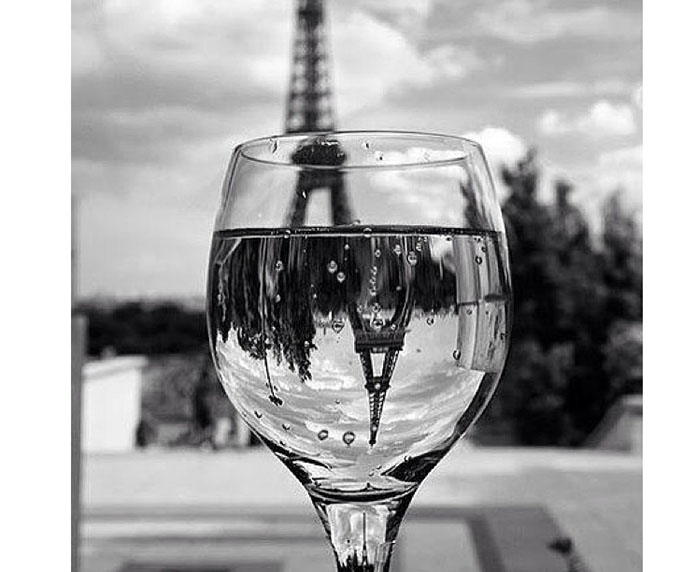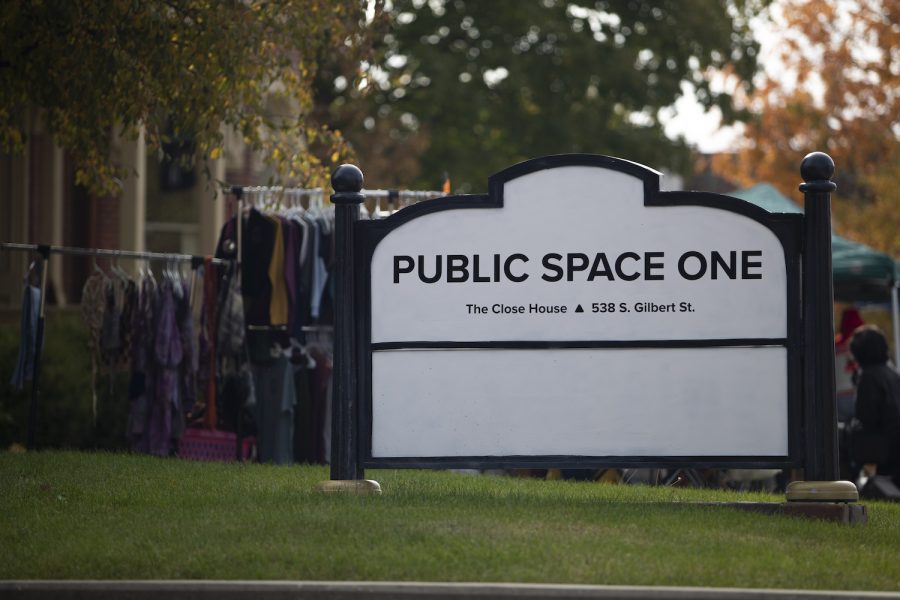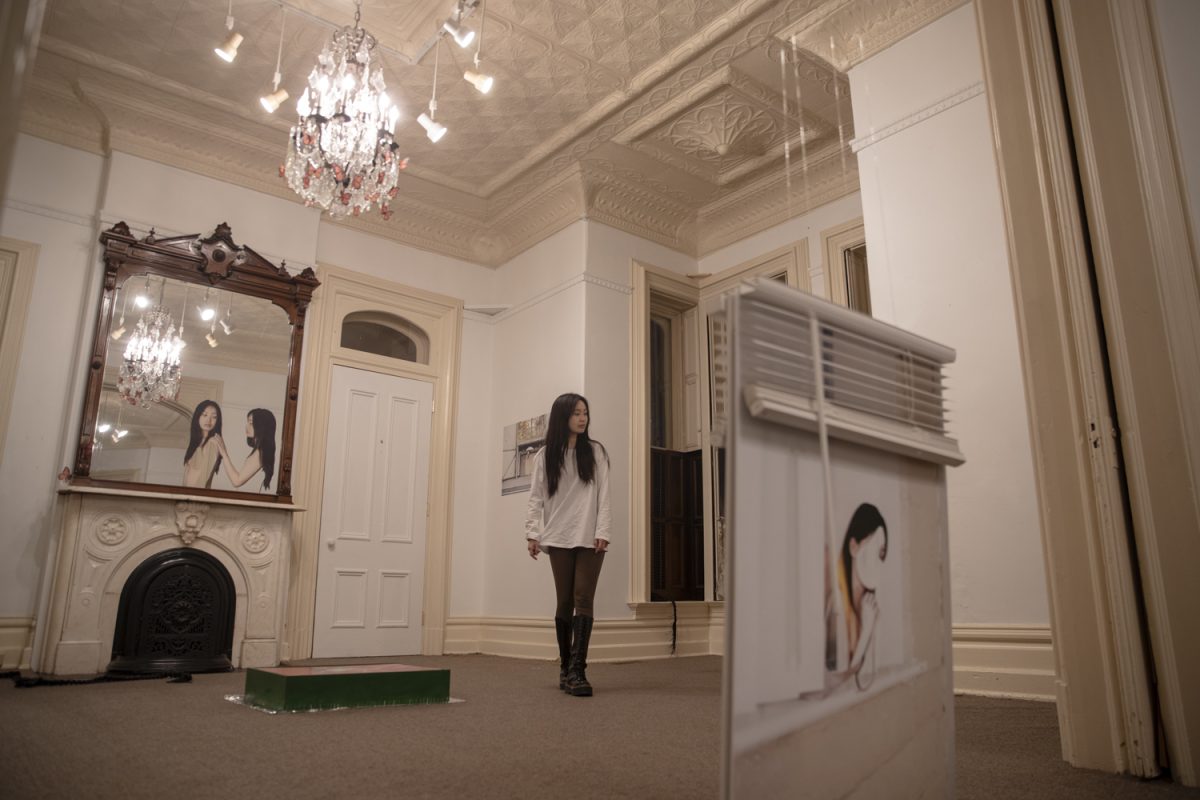By Tessa Solomon
In her new memoir, When in French: Love in a Second Language, the writer Lauren Collins reflects, “You are performing a feat of interpretation any time you attempt to communicate with someone who is not like you.”
What happens, though, when that “someone” is not a stranger but the individual closest to the heart? In her memoir, Collins pursues an answer to that question, navigating, in the process, not only her status as an expat but also the complications of a cross-cultural marriage.
“In a short period of time, rather unexpectedly, I fell in love with a Frenchman, Olivier, and moved to Geneva, Switzerland,” Collins said. “I found myself suddenly immersed in trying to learn the French language.”
The Europe-based New Yorker staff writer has returned to the United States for a nationwide book tour, and she will stop in Iowa City today for a reading at Prairie Lights, 15 S. Dubuque St., at 7 p.m.
Through the hilarious and wrenching anecdotes that punctuate her memoir, readers delve into her exploration of the tangled threads of identity, language, and love.
“I was really profoundly aware from the beginning of what was lost [in translation],” Collins said. “It was so hard to communicate. Not from a technical sense — Olivier spoke perfect English — but we seemed to find ourselves in so many dead ends in terms of communication.”
But for a journalist who regarded the English language as her means for a livelihood, embracing her husband’s native tongue — and the unspoken rules and idiosyncrasies of a foreign culture — seemed in some ways a compromise of identity.
“At first, when I was speaking French, I worried that I wasn’t being myself,” Collins said. “I was putting on a performance. Something felt very theatrical about even using the instrument of my mouth in a different way. I thought, ‘If I’m gaining these other things, what am I leaving behind?’ ”
In the memoir, Olivier confesses speaking to Collins in English “is like touching you with gloves.” It was a metaphor that pierced Collins, illustrating that, though they traded endearments like bebe and mon amour, there was still a barrier between them that would remain unless Collins did something.
“The further I got into my affair with French, the more I realized the performance can be a liberating thing,” Collins said. “I had this idea that this was a betrayal of who I was, but it hasn’t been like that at all. It’s been an enrichment; it’s felt additive.”
She examines, with a microscopic focus reflective of years dedicated to journalistic research not only the mechanics of her relationship but also the power and nuances of linguistics.
“To say je t’aime has a lot more force than how we casually throw around our ‘I love you,’ ” Collins said. “I’m very aware I don’t hear friends and family saying ‘I love you’ in the way that we do here.”
In the end, the memoir reads as a case study of her marriage to Olivier and her relationship with the French language.
“I realized we were not an anomaly, we were just an exaggeration of what happens in every relationship,” Collins said. “You have to find a way to somehow tune into the same channel; it’s what every person does when they fall in love.”







